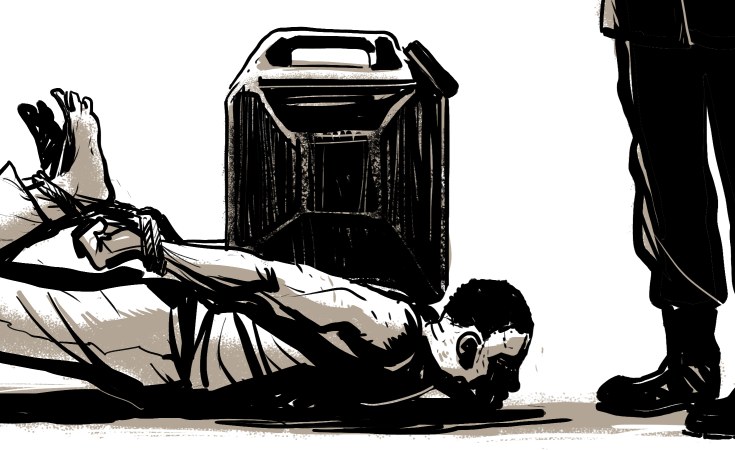Geneva — United Nations torture prevention experts have called on South Africa to speed up the establishment of a national torture prevention watchdog to regularly examine prisons, detention centres and other facilities.
The call came at the end of the first visit to South Africa by a delegation from the Office of the High Commissioner for Human Rights, the United Nations agency based in Geneva.
South Africa ratified the UN's Optional Protocol to the Convention Against Torture in 2019, and a delegation from the agency's Subcommittee on Prevention of Torture (SPT) visited the country from February 26 to March 9.
“There is an urgent need for South Africa to fully establish a national preventive mechanism, according to the commitment it made four years ago and in full compliance with the Optional Protocol,” Abdallah Ounnir, head of the delegation, said on March 13.
“Its national preventive mechanism should be a fully independent monitoring body empowered to visit all places of detention, which is key to prevent torture and ill-treatment in the country.”
During its visit, the delegation found that the practice of depriving inmates of liberties was over-used in government facilities such as prisons, police stations, immigration centres and mental health and drug treatment centres.
This reflects a punitive rather than a rehabilitative approach to crime and other social issues, said Ounnir. “The high number of remand detainees and overcrowding in detention places reflect deficiencies in the criminal justice system and the judiciary,” he added.
“The delegation received allegations of corruption within facilities. We also observed entrenched inhuman practices, ill-treatment, and poor detention conditions.” Ounnir emphasised that “this must change.”
Members of the UN subcommittee visited public and private prisons, police stations, military detention barracks, youth care centres, psychiatric hospitals, drug rehabilitation institutions and a migrant detention camp. They conducted confidential interviews with staff members and those detained or treated in the facilities.
It also met government officials of the executive branch and civil society representatives, and held discussions with the South African Human Rights Commission and related bodies.
Following the visit, the UN group will submit a confidential report to the South African government with observations and recommendations to prevent the torture and ill-treatment of people deprived of their liberty.


